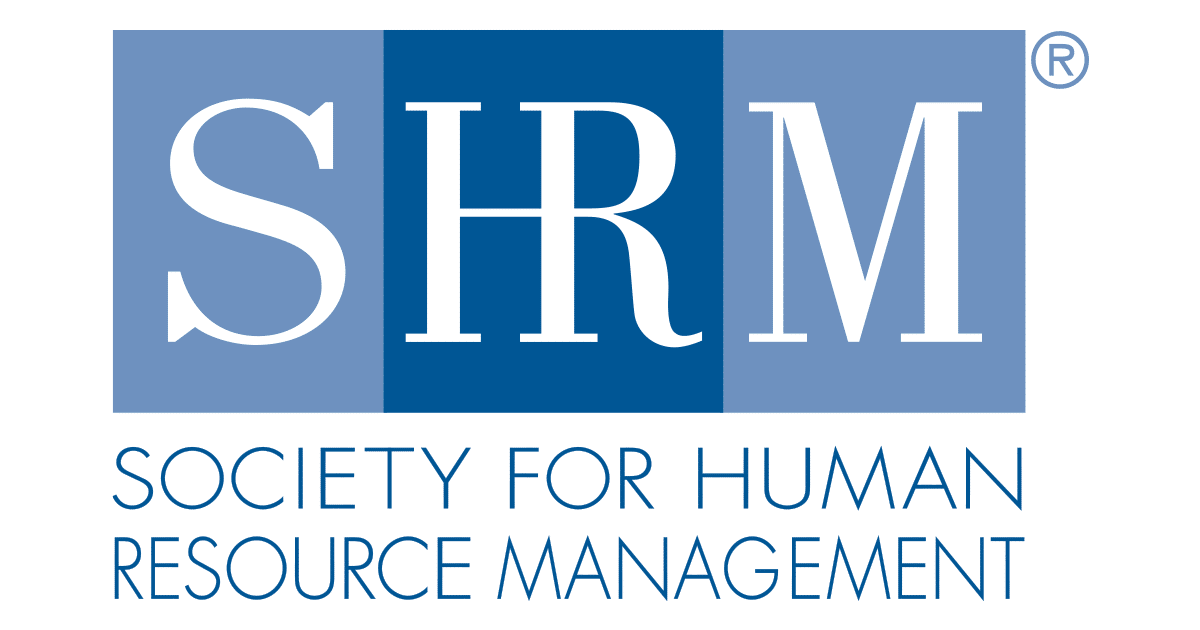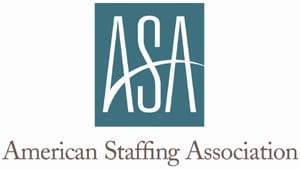December 6, 2024, 9:51 am
In healthcare travel, there’s often a dilemma: hold out for the perfect assignment or go with what’s available. Many travelers are tempted to wait, hoping that the dream job with ideal pay will open just as their current contract ends. But experience (and math) has shown that the most successful travelers let the jobs decide the path. This strategy of embracing what’s available isn’t just practical—it can lead to higher income, reduced stress, and a more stable travel career.
Real-Life Math Lesson: Waiting Isn’t Always Worth It
Let me share a story about one of my travelers who learned this lesson the hard way. She wanted to stay in Minnesota, where she was finishing an assignment. Unfortunately, nothing was opening up that fit her qualifications or rate target, so she kept waiting. Two weeks after her
end date, the perfect job finally popped up in MN, and she landed it! But there was a catch: she couldn’t start for another three weeks due to credentialing and orientation schedules.
The result? Five weeks with no income. The financial impact of waiting and the logistical stress—housing, planning, everything—added up fast. We did the math, and she lost around $10,000 by holding out for that ideal job. In contrast, even taking a job with $200 less per week would have reduced her financial impact by half, and she’d have been working with just a one-week gap.
After that, we changed our strategy. From then on, she agreed to “let the jobs decide the path” by considering anything within $250 of her target rate. Instead of waiting for the unicorn, she embraced assignments that aligned with her timing, if not her top pay, and ended up making more in the years that followed.
Why “Letting the Jobs Decide the Path” Works
- Less Financial Stress: Gaps between assignments are one of the biggest income-killers for travelers. By staying flexible, you reduce downtime, minimize stress, and keep your bank account healthy.
- Increased Stability and Control: Without the pressure to find housing, budget for income gaps, and juggle extra logistics, you’ll find more control over your schedule and living situation. Plus, flexibility means you’re more likely to land offers quickly, which keeps your career momentum strong.
- More Overall Earnings: Sure, we all love a good rate. But a consistent stream of assignments can lead to far more income in the long run than holding out for top dollar. When you factor in the lost time and the costs of being between jobs, even a slightly lower rate is often a smarter financial choice.
The 4-Week Rule: A Game Plan for Smooth Transitions
Here’s the approach we developed: four weeks before the end of each assignment, we’d review available jobs. We’d submit to anything within $250 of her target pay, ensuring she was in the running for roles well before her end date. As the end date got closer, we’d adjust our expectations, focusing less on rate and more on start date and timing to reduce gaps. This method not only helped her secure jobs faster but also led to far greater income consistency than waiting for that perfect rate.
Doing the Math on Career Success
Sometimes a seemingly small pay difference—like $200 a week—might feel like a dealbreaker. But when you do the math, taking a “good enough” job often comes out on top, financially and mentally. A $200/week difference could mean about $5,000 over six months. But if you’re not working for even a few weeks, that extra $200/week can quickly disappear from lost income.
The takeaway? Sometimes, a small trade-off on rate means a huge gain in stability, earnings, and control over your travel career. By staying flexible, you’re putting yourself in the best position to build a thriving, stress-free travel career.
So next time you’re considering holding out for the perfect job, remember: let the jobs help decide your path, and watch your success (and earnings) grow!











